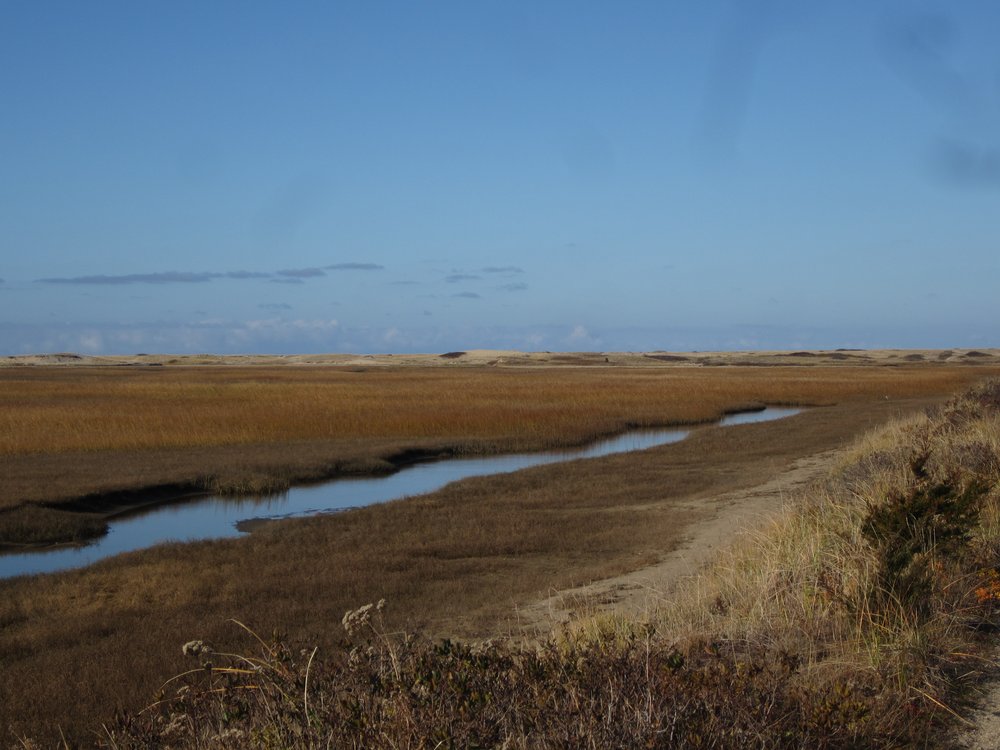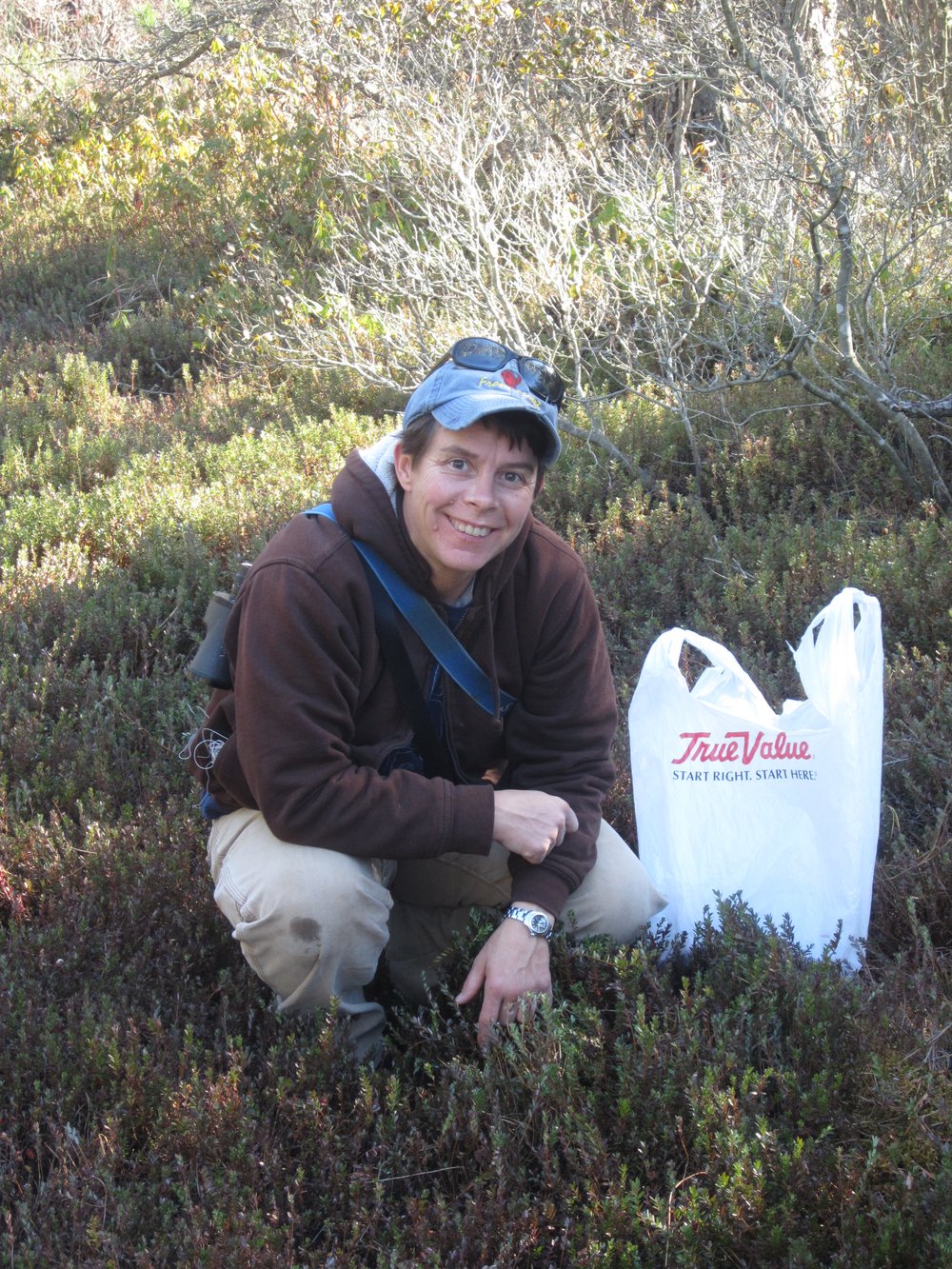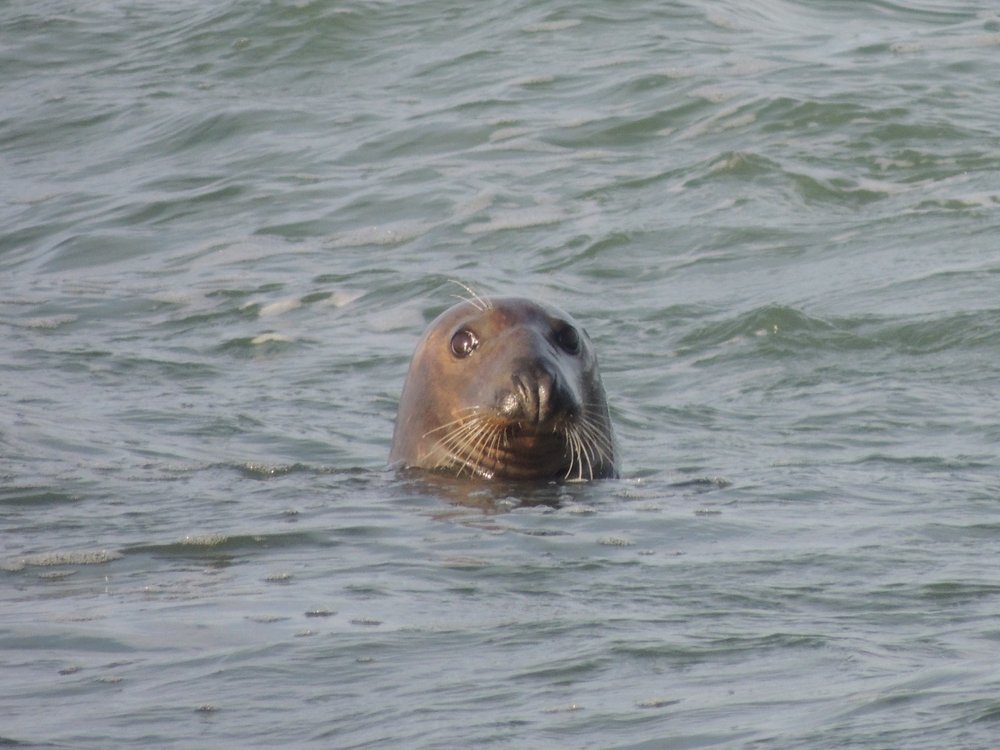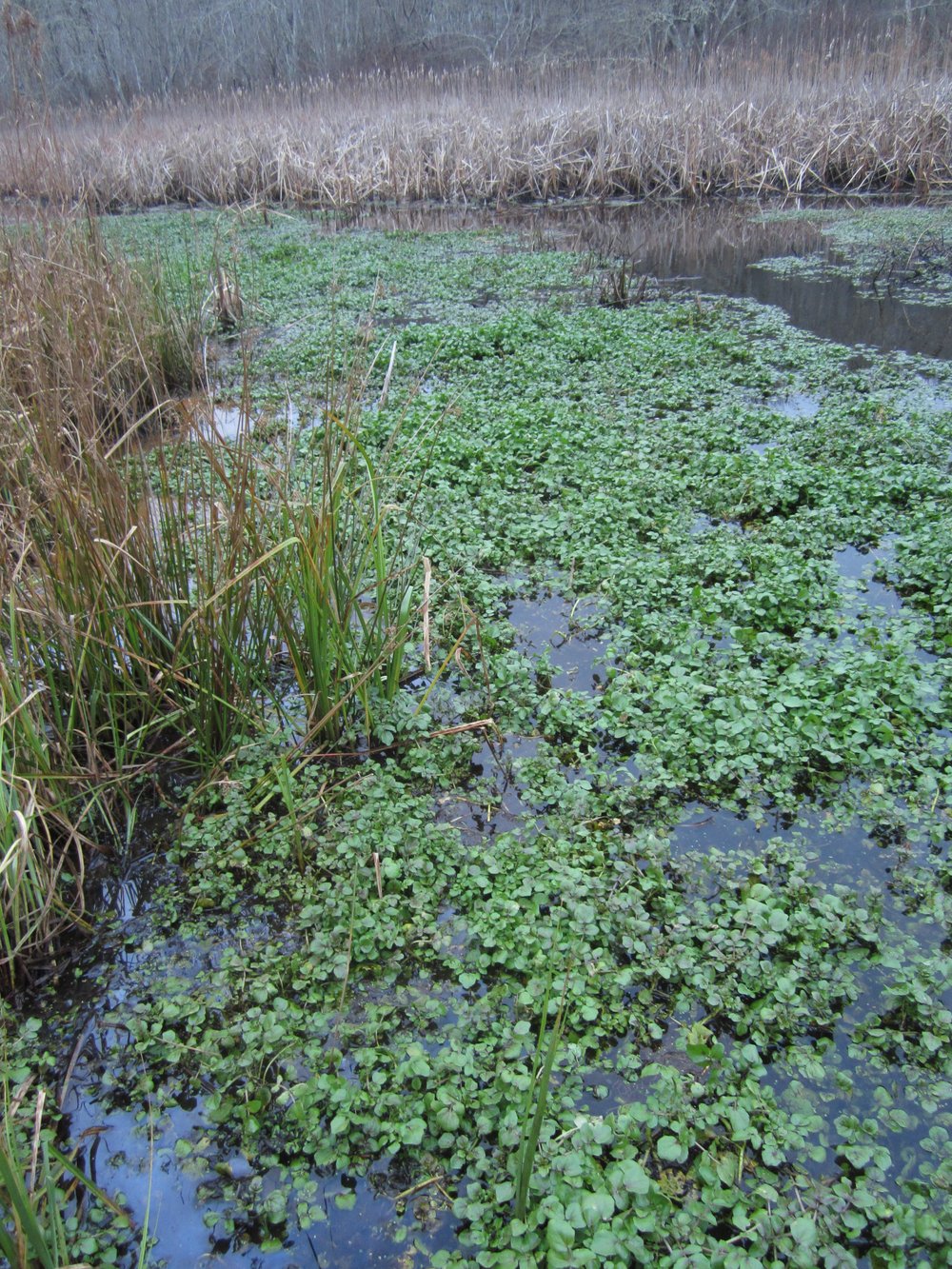Foraged Thanksgiving

"Thanksgiving dinner?" I asked.
They smiled.
I could feel the elation of the hunt, the story of how they got this bird early on Thanksgiving day. I wanted to ask who was going to pluck the bird, clean it and cook it. There were a lot of soft brown feathers to deal with. For a moment I was jealous. Pheasant tastes delicious. But I knew I wouldn't be capable of killing the bird. And this day was devoted to eating only food we had gathered ourselves.

Jody knows these lands well, having lived in Provincetown for almost thirty years. She can lead me to the cranberry bogs, but also to where I might see some Horned Larks and Snow Buntings in the open grassy areas. At one beach there were seals floating nearby, heads bobbing in the cold ocean. We hoped to see whales but did not. Throughout the vast dunes, Jody pointed out fox prints, raccoon, coyote.
This year, the cranberries were sparse. In the past, we had plunked down in a bog and filled our plastic shopping bags. But the first bog we tried was bare. The second patch, nestled around small pitch pines, had a few berries. We worked for them, squatting to see the few bright red berries, taking one or two, then moving on. After an hour we had perhaps two cups. Enough for our meal.

Pulling mussels was easy. We wandered, took a few, then wandered more at low tide. In the distance stood a huddle Black-Backed Gulls and a few fleeting Sandpipers. On the Bay side of the jetty, Common Eider floated near to the rocks, diving for fish. They have beautiful yellow bills and in the clear water we could see them paddling strong to gather their food.
People out for a walk before or after their turkey dinners asked us what we were doing. We boasted about our day of food gathering and a young woman from Manhattan looked incredulous. "Mussels grow here? and you just take and eat them?"
I am no prophet of right eating. I eat organic when I can, eat meat when I want to, but live by no rules. And yet I know we are divorced from what we eat. For one day, I want to know where my food comes from. And I want to know that I could provide that meal. But it's all a game--I wouldn't last long like this and the truth is, cranberries and mussels are not a great pairing.

Since those college days we have seen each other at least once a year. I make an annual pilgrimage to the Cape, where my parents spent their honeymoon and where their ashes are scattered in the dunes. I have known all of Jody's jobs, friends, loves—and her pets. On this trip there are two new orange cats George and Fred, and Griffin, the wonder dog who as a puppy joined us on a forage day. We both ponder aloud our single lives. There is no regret; we are both enjoying our freedom, and the fact we are meandering freely together through this beautiful day.
